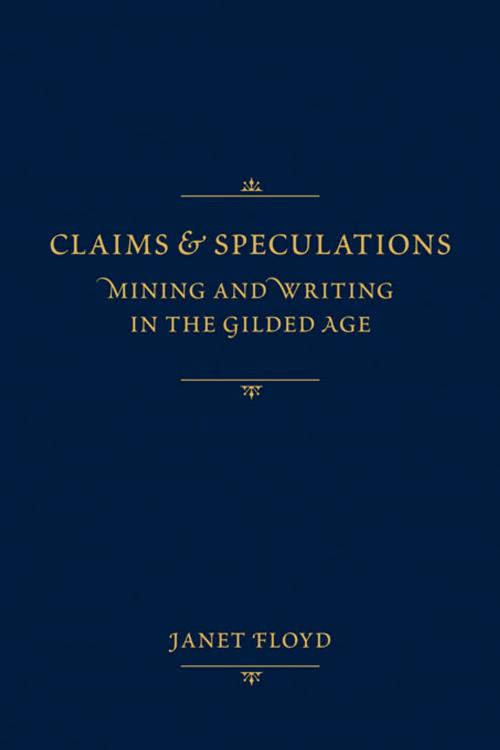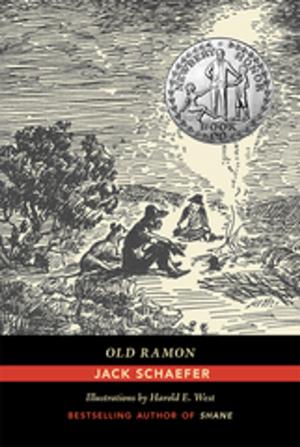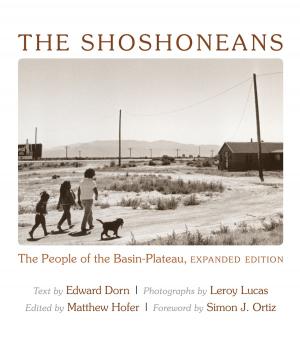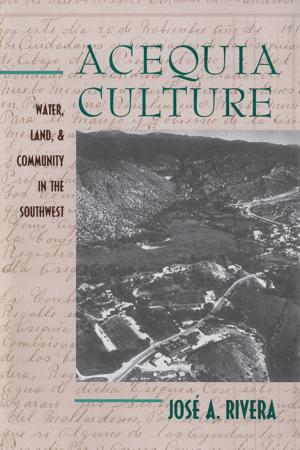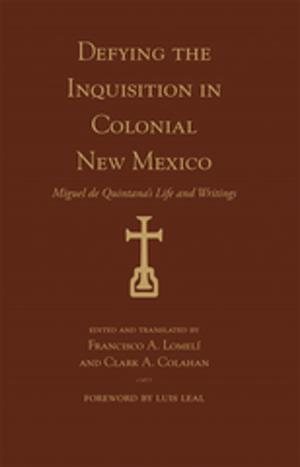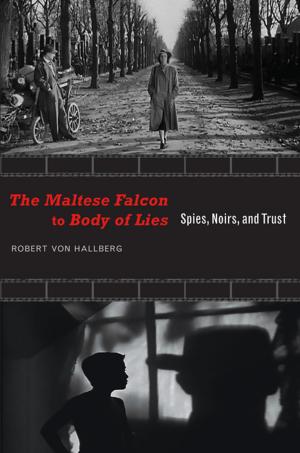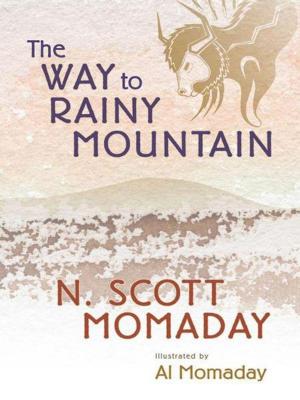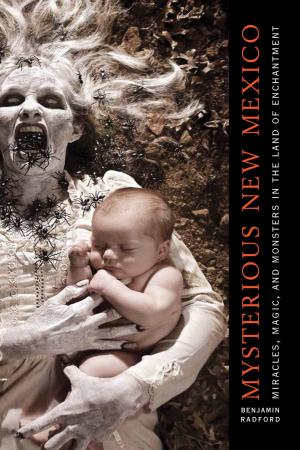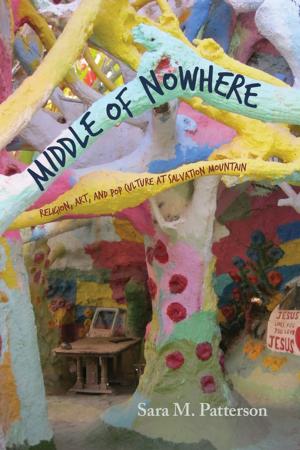Claims and Speculations: Mining and Writing in the Gilded Age
Fiction & Literature, Literary Theory & Criticism| Author: | Janet Floyd | ISBN: | 9780826351418 |
| Publisher: | University of New Mexico Press | Publication: | September 15, 2012 |
| Imprint: | University of New Mexico Press | Language: | English |
| Author: | Janet Floyd |
| ISBN: | 9780826351418 |
| Publisher: | University of New Mexico Press |
| Publication: | September 15, 2012 |
| Imprint: | University of New Mexico Press |
| Language: | English |
Mines have always been hard and dangerous places. They have also been as dependent upon imaginative writing as upon the extraction of precious materials. This study of a broad range of responses to gold and silver mining in the late nineteenth century sets the literary writings of figures such as Mark Twain, Mary Hallock Foote, Bret Harte, and Jack London within the context of writing and representation produced by people involved in the industry: miners and journalists, as well as writers of folklore and song.
Floyd begins by considering some of the grand narratives the industry has generated. She goes on to discuss particular places and the distinctive work they generated—the short fictions of the California Gold Rush, the Sagebrush journalism of Nevada’s Comstock Lode, Leadville romance, and the popular culture of the Klondike.
With excursions to Canada, South Africa, and Australia, Floyd looks at how the experience of a destructive and chaotic industry produced a global literature.
Mines have always been hard and dangerous places. They have also been as dependent upon imaginative writing as upon the extraction of precious materials. This study of a broad range of responses to gold and silver mining in the late nineteenth century sets the literary writings of figures such as Mark Twain, Mary Hallock Foote, Bret Harte, and Jack London within the context of writing and representation produced by people involved in the industry: miners and journalists, as well as writers of folklore and song.
Floyd begins by considering some of the grand narratives the industry has generated. She goes on to discuss particular places and the distinctive work they generated—the short fictions of the California Gold Rush, the Sagebrush journalism of Nevada’s Comstock Lode, Leadville romance, and the popular culture of the Klondike.
With excursions to Canada, South Africa, and Australia, Floyd looks at how the experience of a destructive and chaotic industry produced a global literature.
